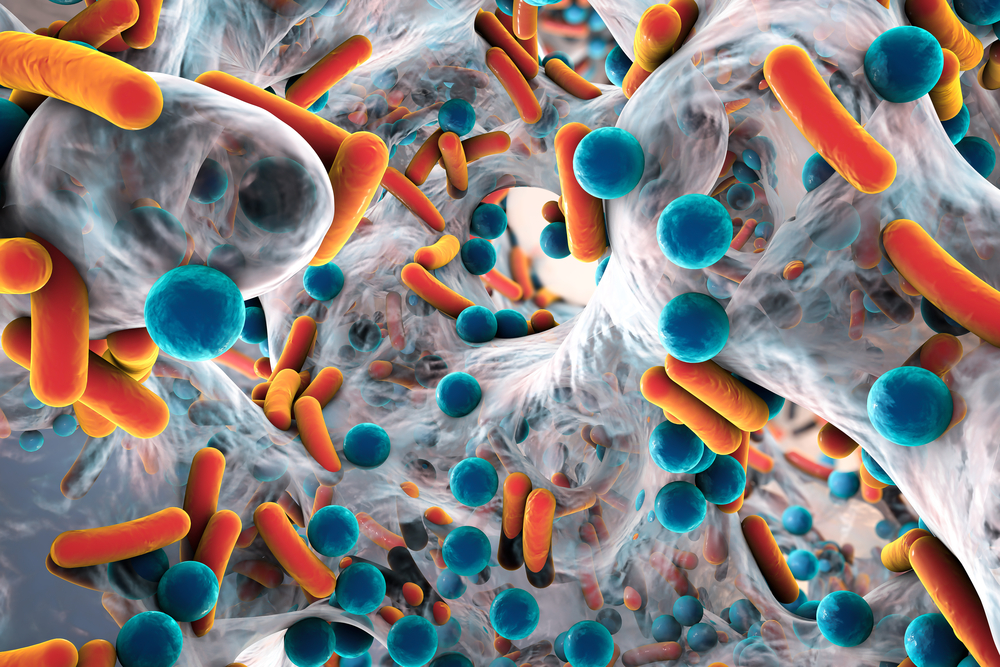
Health workers may soon have a new weapon in the fight against abscesses—difficult-to-treat bacterial infections that lead to millions of emergency-room visits every year.
Researchers at the University of British Columbia successfully prevented drug-resistant bacteria from forming abscesses, or painful pus-filled lesions, using a peptide, or mini-protein. The peptide worked by disrupting the bacteria’s stress response.
Abscesses are bacterial-induced lesions that are responsible for 3.2 million emergency room visits every year in the United States. Because antibiotics seldom work on them, standard treatment for abscesses involves cutting out the infected tissue or draining it.
“Abscesses can occur almost anywhere in the body, and antibiotics aren’t usually effective on them,” said senior author Bob Hancock, a professor in UBC’s department of microbiology, and senior author of the study published in EBioMedicine. “Our peptide offers a new strategy, because its mechanism is completely different from every known antibiotic.”
Hancock and his colleagues discovered that bacteria in abscesses are in a stress-triggered growth state. Using a synthetic peptide known as DJK-5, they were able to interfere with the bacteria’s stress response and heal abscesses in mice. The peptide was effective against two classes of bacteria, known as Gram-positive and Gram-negative bacteria, whose different cell-wall structures make them susceptible to different antibiotics.
“We’ve shown that all of the superbugs are susceptible to this peptide when under stress,” said Hancock. “We also showed that it actually works even better in the presence of antibiotics. By combining antibiotics with the peptide there is a much lower chance of getting resistance, because you’ve got two agents that act in different ways.”
Previous research by Hancock showed how a peptide could be used to prevent bacteria forming biofilms on surfaces of the body. This latest research demonstrated their ability to work on a completely different type of infection as well.
Hancock said he hopes to begin clinical trials on human infections within a year.




